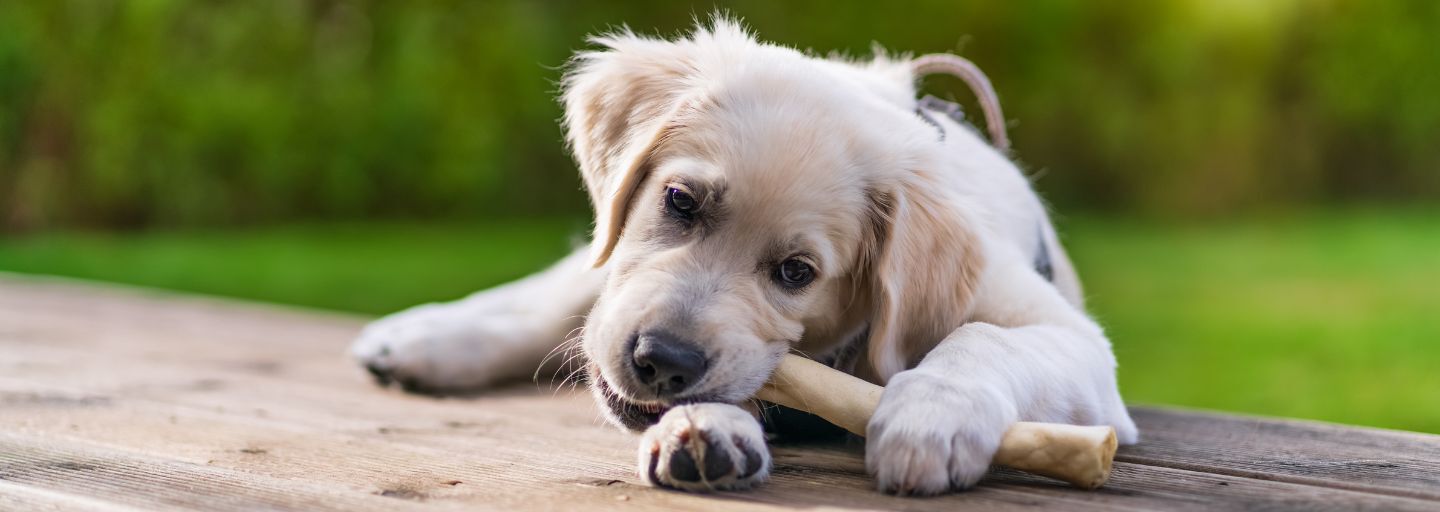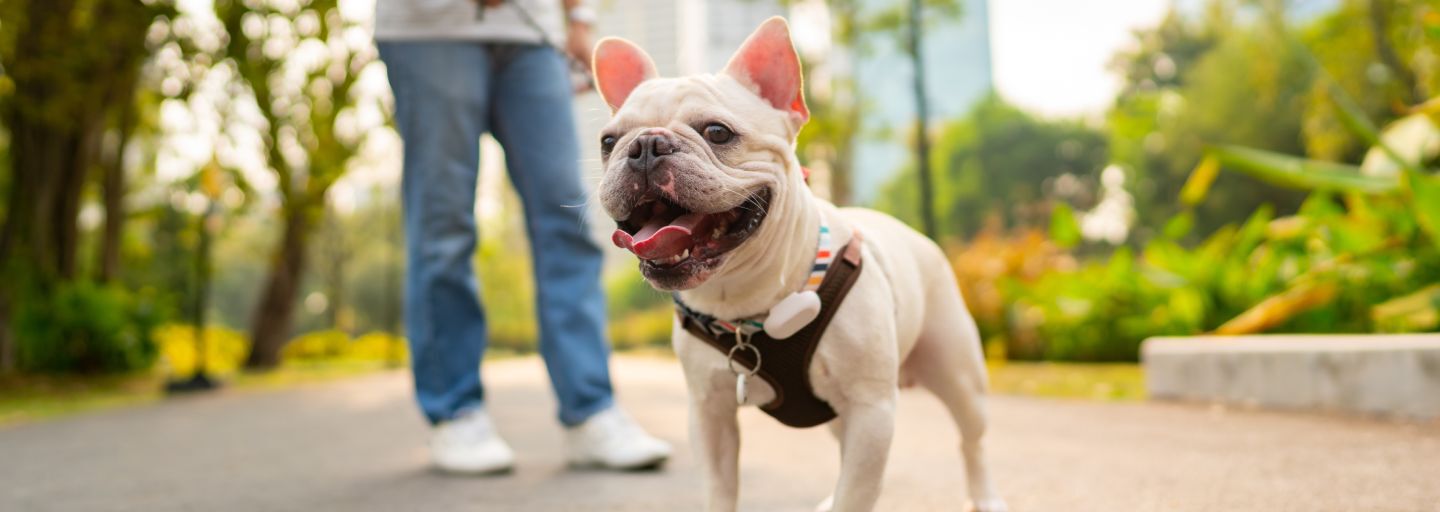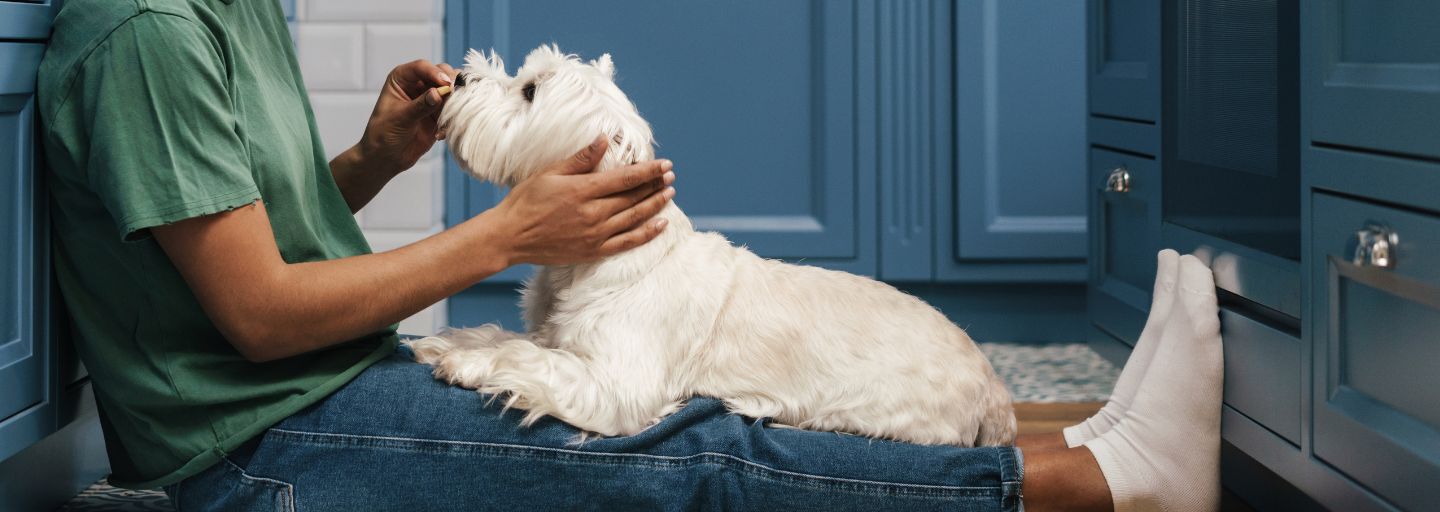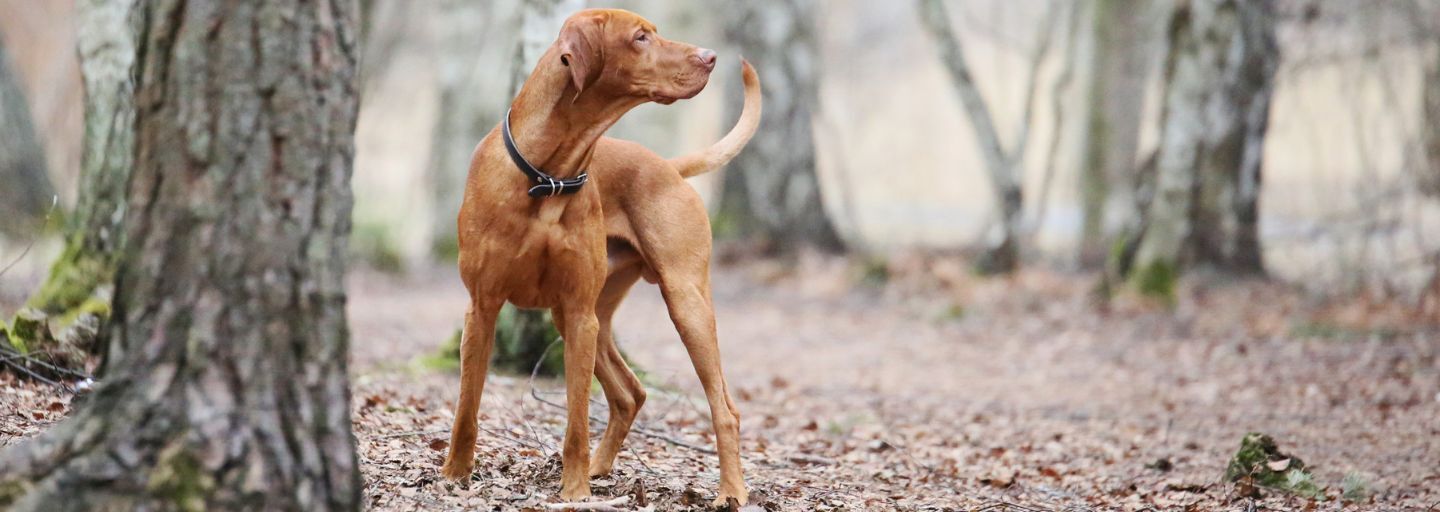As dog owners, we often find ourselves wondering what treats and chews are safe and beneficial for our furry friends. One common question that arises is whether it is safe to give dogs bones. While bones may seem like a natural and enjoyable treat for dogs, there are important considerations to keep in mind.
Pros of Giving Dogs Bones
- Dental Health: Chewing on bones can help promote dental health in dogs. Gnawing on bones can help remove plaque and tartar buildup, reducing the risk of dental diseases such as gum inflammation and tooth decay. The mechanical action of chewing on bones can also strengthen jaw muscles.
- Mental Stimulation: Bones can provide dogs with mental stimulation and alleviate boredom. Chewing on bones can be a satisfying and engaging activity for dogs, keeping them occupied and preventing destructive behaviours that may arise from boredom.
- Nutritional Value: Bones, especially raw bones, can provide dogs with essential nutrients such as calcium and phosphorus. These minerals are crucial for maintaining healthy bones and teeth. However, it is important to note that the nutritional value of bones should not replace a balanced diet.
Cons of Giving Dogs Bones
- Choking Hazard: Bones, especially cooked bones, can splinter and pose a choking hazard for dogs. Splintered bones can cause serious injuries to a dog's mouth, throat, or digestive tract. It is crucial to choose appropriate bones and supervise your dog while they are chewing to prevent any accidents.
- Dental Damage: While chewing on bones can promote dental health, it is important to choose the right type of bones. Hard bones, such as weight-bearing bones, can be too tough and may cause dental fractures or damage to your dog's teeth. Opt for softer bones or specially designed dental chews to minimize the risk of dental injuries.
- Digestive Issues: Dogs may experience digestive issues when consuming bones. Some dogs may have difficulty digesting bones, leading to constipation or gastrointestinal blockages. Additionally, consuming large quantities of bones can cause stomach upset, diarrhea, or pancreatitis. It is crucial to monitor your dog's digestion and consult with your veterinarian if you notice any issues.
Alternatives to Bones
If you decide that giving bones to your dog is not the best option, there are alternative treats and chews that can provide similar benefits:
- Dental Chews: Dental chews specifically designed for dogs, such as Dentalife, can help promote dental health by reducing plaque and tartar buildup. Look for products approved by veterinary associations and choose the appropriate size and texture for your dog's breed and chewing habits.
- Rubber or Tough Chew Toys: Durable rubber or tough chew toys can provide dogs with a safe and engaging chewing experience. These toys are designed to withstand heavy chewing and can help satisfy your dog's natural urge to chew. View the TOTAL CARE range to look at the range of options we have available.
- Interactive Treat Dispensers: Interactive treat dispensers can provide mental stimulation and reward your dog's chewing behaviour. These toys require your dog to work for their treats, keeping them entertained and mentally engaged.
Making the Decision
When deciding whether to give your dog bones, consider the following factors:
- Size and Type of Bone: If you choose to give your dog bones, opt for large, raw bones that are appropriate for their size. Avoid small bones or bones that can easily splinter. Consult with your veterinarian to determine the best type of bone for your dog.
- Supervision: Always supervise your dog while they are chewing on bones. This allows you to intervene if any issues arise and ensures their safety.
- Individual Dog's Needs: Consider your dog's age, dental health, chewing habits, and any pre-existing health conditions. Some dogs may have specific dietary restrictions or dental issues that make bones unsuitable for them.
- Consult with Your Veterinarian: If you are unsure whether bones are safe for your dog or if you have any concerns, consult with your veterinarian. They can provide personalized advice based on your dog's specific needs and health conditions.
Ultimately, the decision to give your dog bones should be based on their individual needs, preferences, and overall health. It is important to choose appropriate bones, supervise your dog while they are chewing, and consider alternative treats and chews that can provide similar benefits. Consulting with your veterinarian can help you make an informed decision and ensure the well-being of your beloved canine companion.







